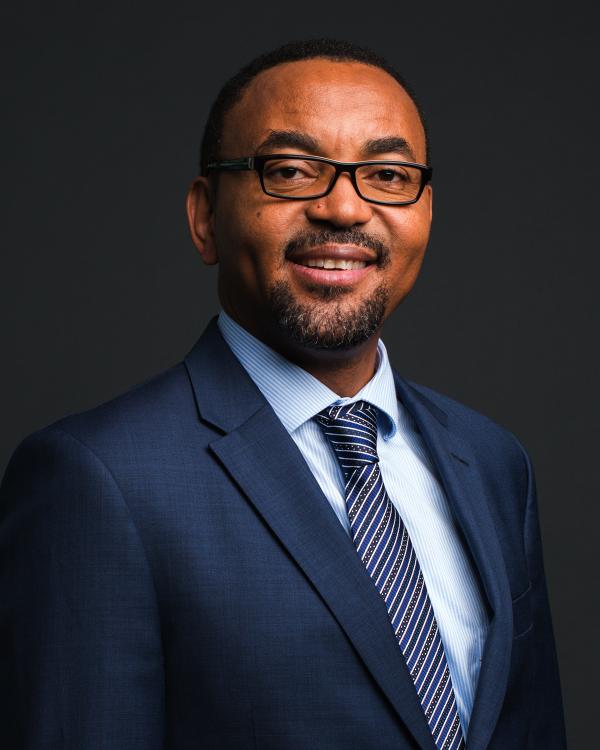
Dr. Jude Nwokike, Vice President for Supply Chain Resilience at the United States Pharmacopeia (USP), has called on Nigeria and other African countries to strengthen their pharmaceutical value chains through quality assurance, local manufacturing, and resilient compounding systems, emphasizing that sustainable healthcare begins with the integrity of medicines.
Dr. Nwokike made this call while delivering the keynote address at the Maiden African Pharmacy Compounding Summit, organized by the Global Alliance for Pharmacy Compounding in Africa (GAPCA)and held at The Providence Hotel, Ikeja GRA, Lagos on October 9, 2025.
The event gathered pharmacists, regulators, and health-sector leaders from across Africa to discuss strategies for revitalizing pharmaceutical compounding and medicine security on the continent.
Speaking on “Unlocking the Healthcare Value Chain in Pharmaceutical Compounding,” Dr. Nwokike underscored the critical importance of quality standards and resilient supply chains in ensuring access to safe and effective medicines.
“Quality is not an option—it is the foundation of public health. Without quality, there is no access, no trust, and no impact,” he said. “Strengthening pharmaceutical compounding is not only about producing medicines; it is about safeguarding the entire health value chain—from raw materials to dispensing, and ultimately to the patient.”
Dr. Nwokike traced the origins of the United States Pharmacopeia (USP)—founded in 1820 by 11 physicians as a safeguard against poor-quality medicines and explained how the institution has evolved into a global leader in medicine quality assurance. Today, he noted, USP operates in more than 90 countries across four continents, providing over 9,000 standards that serve as quality benchmarks across the medicine supply chain—from active ingredient manufacturing to dispensing and use.
Highlighting USP’s ongoing work in Nigeria, Dr. Nwokike noted that the organization has supported 29 manufacturers across Africa and strengthened 71 national regulatory authorities, including Nigeria’s Pharmacy Council of Nigeria (PCN).
He also disclosed that USP has trained over 2,000 pharmacists and pharmacy outlet operators in Nigeria, providing them with practical tools and educational materials to ensure proper medicine storage and the identification of quality-assured medicines and consumables.
Dr. Nwokike stressed that pharmaceutical compounding is the art and science of preparing customized medicines for patients — represents a vital link in the healthcare value chain that must be professionalized and standardized.
“Compounding offers Africa a strategic opportunity to localize production, meet unique patient needs, and respond quickly to public health emergencies,” he said. “But this can only happen if we institutionalize best practices, invest in workforce development, and embed quality systems that stand the test of time.”
He noted that USP’s 2025–2030 Global Health Mission focuses on five core commitments:
1. Enabling greater availability of the world’s most relied-upon medicines;
2. Solving pervasive quality challenges that impact medicines and food;
3. Strengthening the resilience of the global pharmaceutical supply chain;
4. Expanding access to quality-assured biologics; and
5. Promoting environmental sustainability across the pharmaceutical lifecycle.
Dr. Nwokike urged policymakers, regulators, and professional bodies to “look beyond access to medicines and begin to think about the integrity of access”—ensuring that every product that reaches patients meets global safety and efficacy standards.
“Unlocking Nigeria’s healthcare value chain requires commitment, collaboration, and courage—commitment to quality, collaboration across sectors, and courage to invest in our local capacities. Only then can Africa achieve true medicine security,” he concluded.
The summit, attended by top pharmacy leaders as well as representatives of WHO, USP PCN, NAFDAC, and other key health institutions, served as a landmark platform for reimagining the future of pharmaceutical compounding in Nigeria and Africa at large.






















